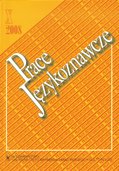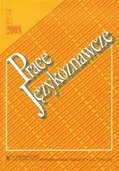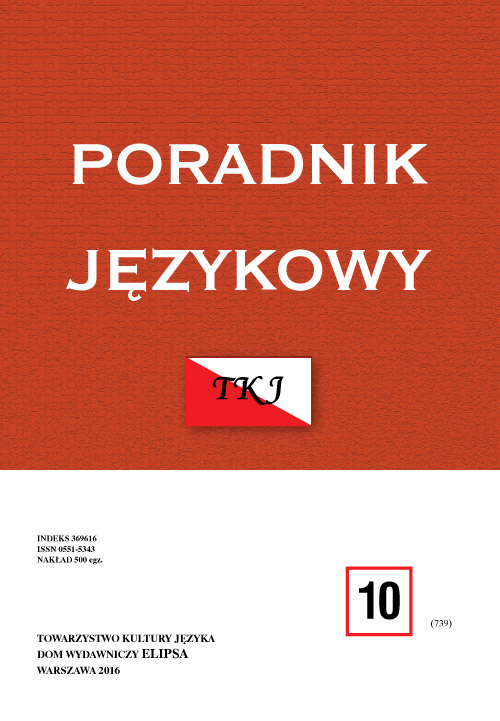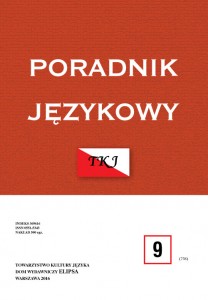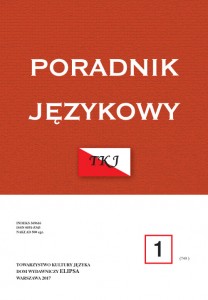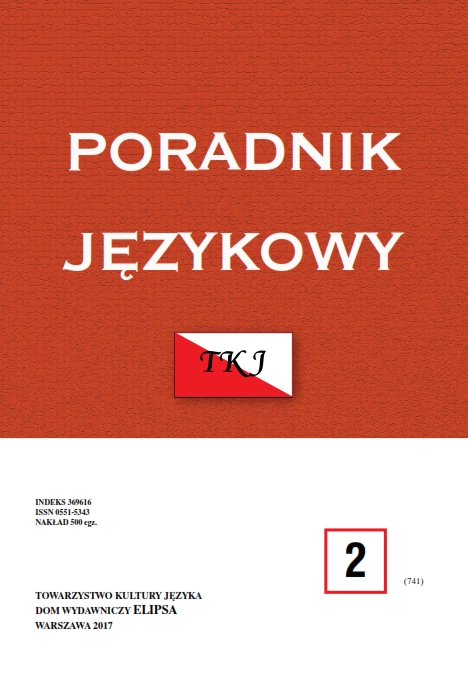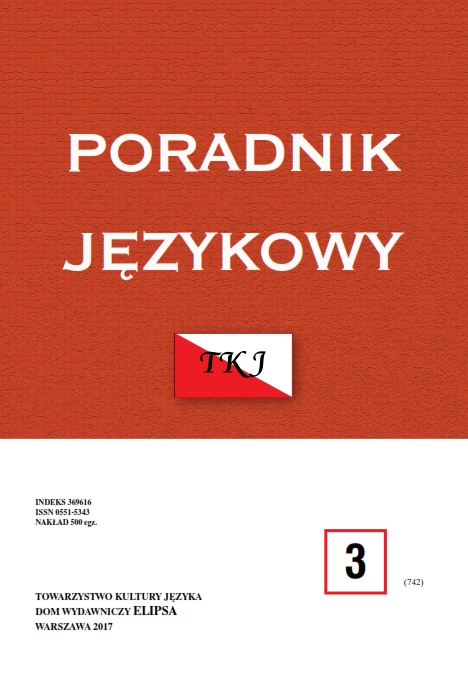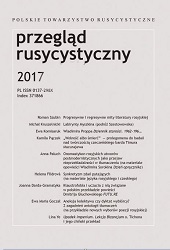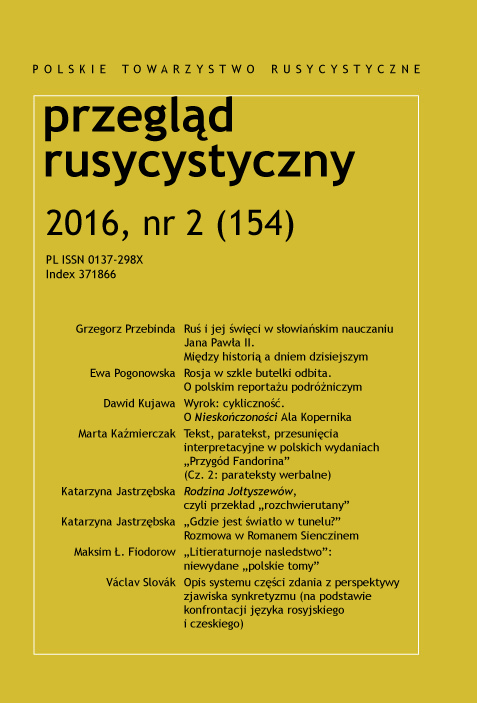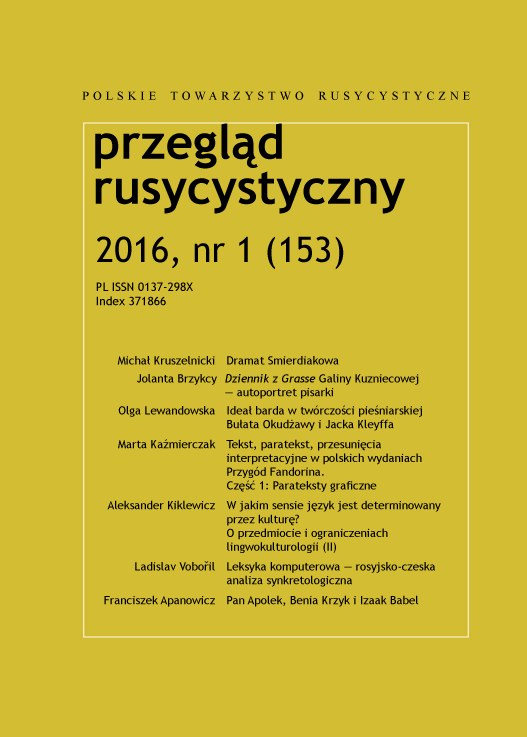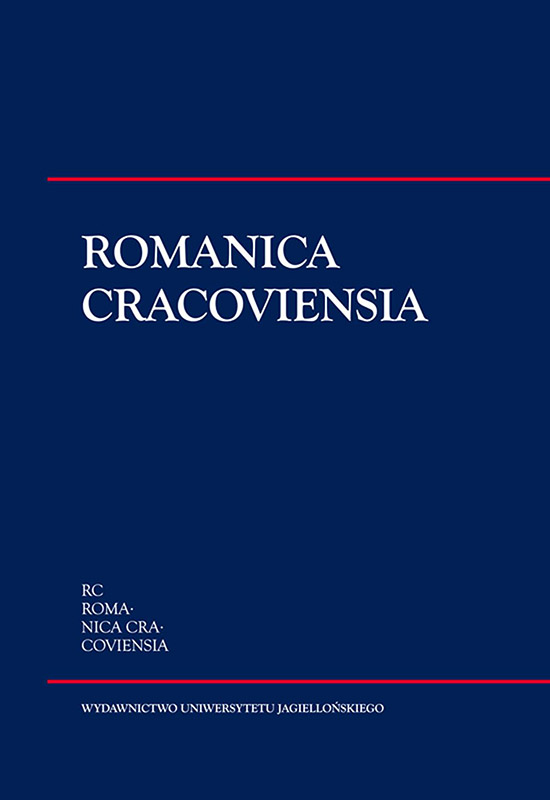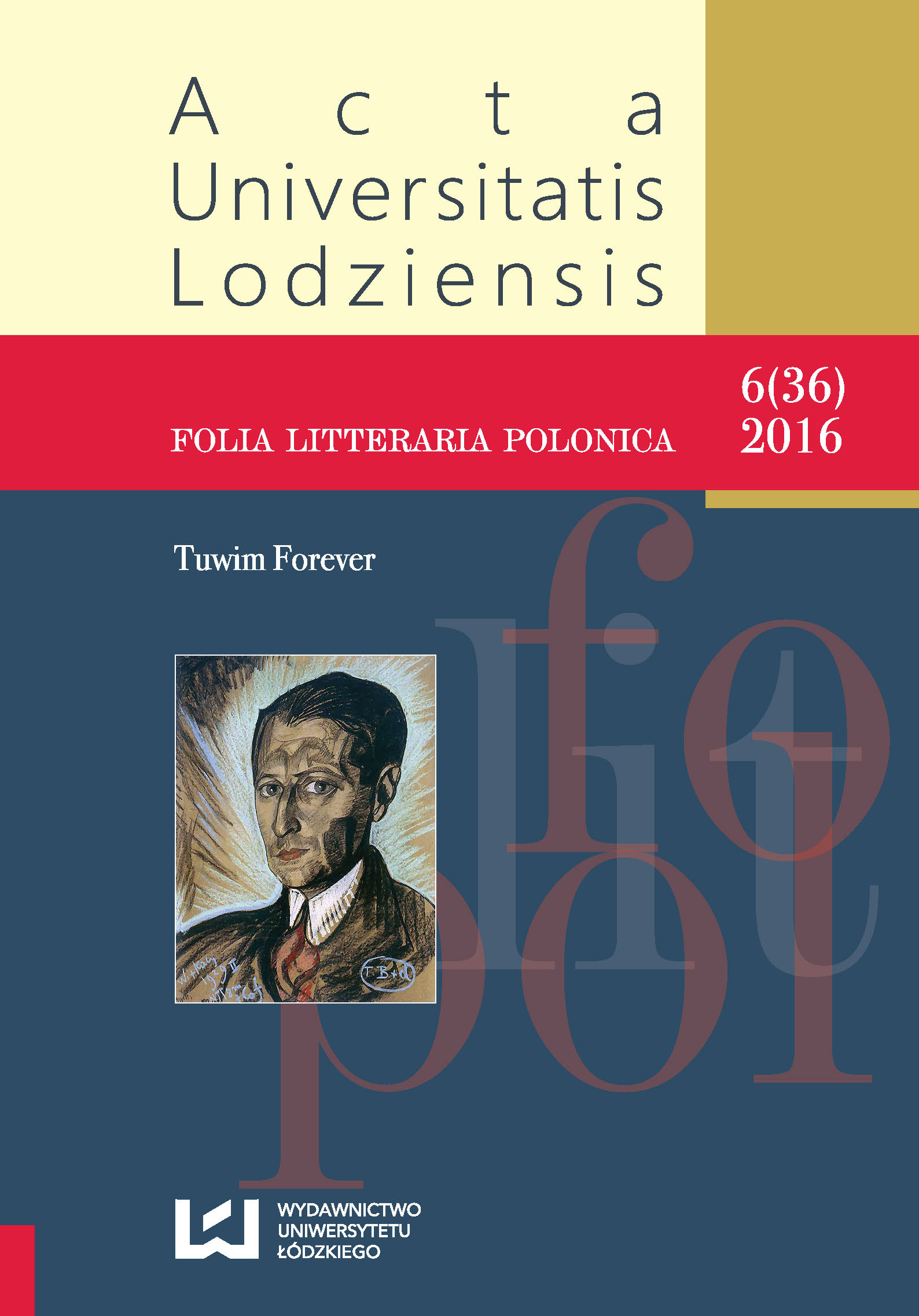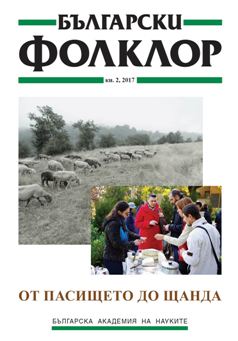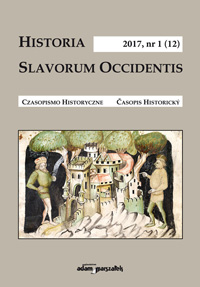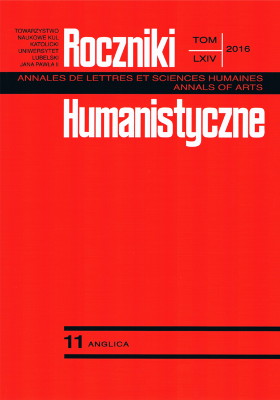
Full agreement with coordinate subjects in Polish: Gender resolution rules revisited
The aim of this paper is to identify the syntactic position of the comparative operator tak. First, we present a classification of degree phrases as proposed by Neeleman, van de Koot and Doetjes (2004). The authors divide degree expressions into two classes, namely class-1 and class-2 degree expressions. The expressions of the first class function as heads while expressions of the second class form a group of maximal projections. Only the former but not the latter c-select prepositional phrases, nominal phrases with a gradient property and verbal phrases. Since class-2 degree expressions are adjuncts, they can have a rich internal structure and appear without the host element. As for the movement, only class-2 degree expressions can undergo leftward movement. In the paper we demonstrate that comparative tak looks like a class-2 degree expression in contrast to its English counterpart in an analogical construction, i.e. the comparative as. The crucial difference between English and Polish degree expressions is the fact that in English the dummy operator much appears only in a limited number of contexts while its Polish equivalent, i.e. bardzo, is very common among degree expressions from class-1. This observation does not allow us to adopt Neeleman et al. (2004) syntactic analysis of degree expressions without any modifications.
More...
